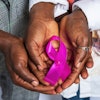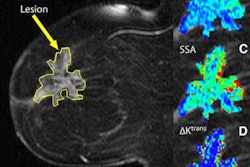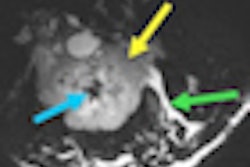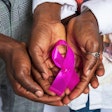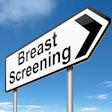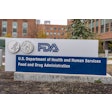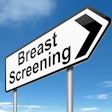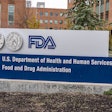Dear AuntMinnie Member,
How should the U.S. Food and Drug Administration (FDA) regulate mobile applications used for medical purposes? That tricky question is the subject of a two-day forum currently under way at the agency's headquarters in Rockville, MD.
Nearly all industry observers agree that the FDA should have a role in regulating mobile apps created for clinical or diagnostic use. But just how far should the agency go? Is it the FDA's responsibility to deal with bugs in mobile app software, or interoperability issues between apps from different developers running on the same device?
The FDA has proposed a regulatory framework for mobile app regulation, and clinicians and software developers are giving the agency feedback on the proposals in this week's hearings. For our report from associate editor Cynthia E. Keen on the first day of the forum, click here; be sure to check back on AuntMinnie.com for more coverage of this important meeting.
ASCO study casts doubt on mammo screening
In other news, a group of Norwegian researchers who may be familiar to many in the mammography community is again casting aspersions on the effectiveness of breast screening.
In a study presented at last week's American Society of Clinical Oncology (ASCO) Breast Cancer Symposium, a group led by Dr. Per-Henrik Zahl presented data that indicate mammography screening had no role in a 14% decline in mortality in Sweden from breast cancer starting in the 1980s. Instead, the group claimed, the reduction was almost entirely due to improvements in treatment, such as through adjuvant therapy.
Zahl, you might remember, was the lead author on a controversial study from 2008 that claimed some breast cancers would spontaneously regress if they weren't treated.
In addition to the Swedish screening paper, Zahl co-authored another paper presented at the ASCO symposium that suggests the introduction of screening in Norway led to an increase in breast cancer surgery rates, including mastectomies. Read about both studies in an article by associate editor Kate Madden Yee that you can find by clicking here.
In other women's imaging news, a new study published yesterday in Cancer found that women who carry the BRCA1 or BRCA2 genes are being diagnosed with breast cancer almost eight years earlier than relatives in the previous generation. The data suggest that cancer could be developing earlier with each generation, according to the researchers, but could the trend also be a sign of success in early detection? Read for yourself by clicking here, or visit the Women's Imaging Digital Community at women.auntminnie.com.
